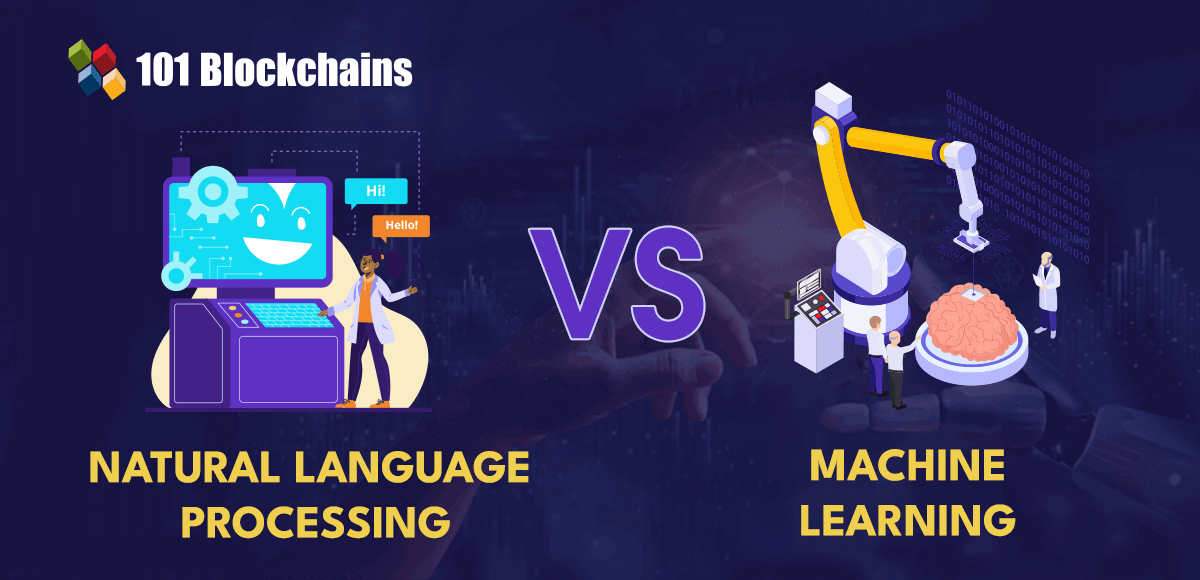In just a few minutes, an artificial intelligence-driven system called Coscientist was able to autonomously learn about Nobel Prize-winning chemical reactions and design a successful laboratory procedure to make them. This is the first time that a non-organic intelligence has planned, designed, and executed such a complex reaction. The research team, led by chemist and chemical engineer Gabe Gomes from Carnegie Mellon University, published their findings in the journal Nature. The abilities demonstrated by Coscientist show the potential for AI to increase the pace and number of scientific discoveries, as well as improve the replicability and reliability of experimental results. The team, which includes doctoral students Daniil Boiko and Robert MacKnight, tested and compared multiple large language models, including GPT-4, to create Coscientist. The system was equipped with software modules that allowed it to search for chemical compounds, read technical manuals, write computer code, and analyze data. It demonstrated the ability to accurately plan chemical procedures and even synthesized substances like ibuprofen. Coscientist also proved capable of controlling robotic laboratory equipment, making it the first AI to do so. By combining its modules and training, Coscientist successfully performed Suzuki and Sonogashira reactions, which have wide applications in medicine and organic semiconductors. The AI system showed great potential, but researchers emphasize the need for responsible use and policies to avoid misuse.
Source link





















